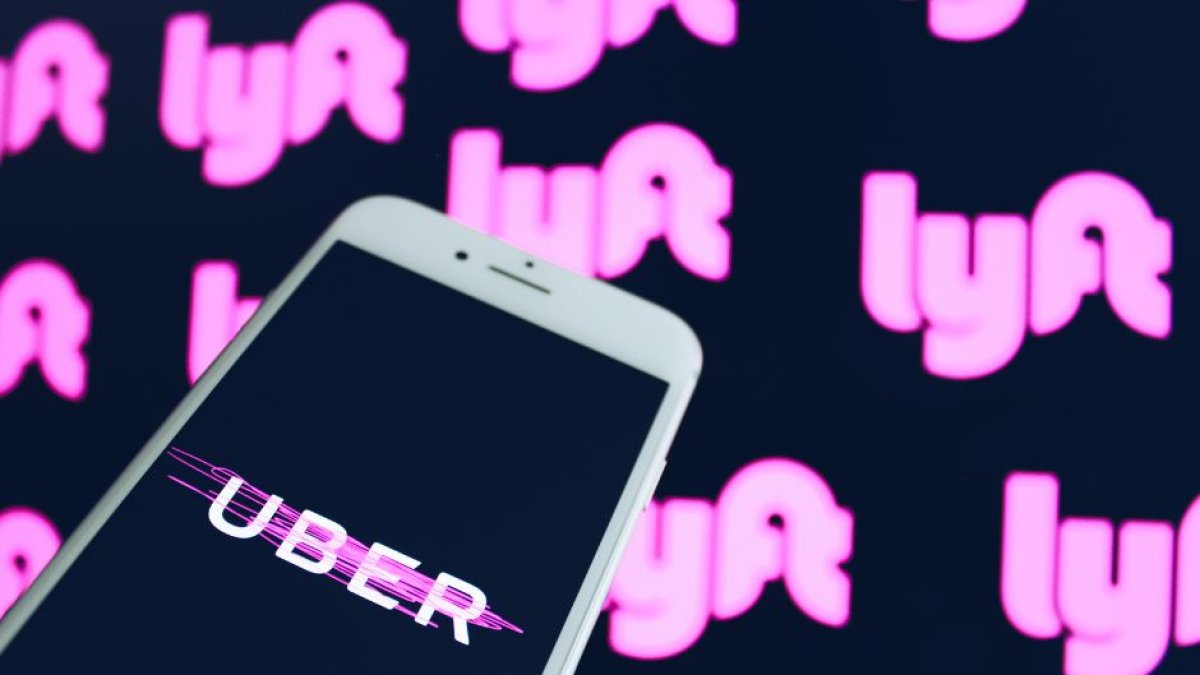New Minneapolis minimum wage law prompts Lyft and Uber to leave city
The regulations require companies to pay their drivers $15.57 per hour. Given the increase, both companies decided to stop operating in the metropolis as of May 1.

(Stock Catalog / Flickr)
The new minimum wage law that Minneapolis recently passed prompted the imminent departure of Lyft and Uber from the city. It all started on Thursday during a city council meeting. During the meeting, held at City Hall, council members voted 10-3 for regulations overriding the mayor's veto that allowed these companies not to pay rideshare drivers the minimum wage of $15.57 an hour.
That means that, starting May 1, both Lyft and Uber will be required to pay a minimum of $15 an hour to their drivers. Both companies saw the increase as disproportionate, which is why they both made the decision to stop operating in the metropolis as of that date.
Lyft was the first to speak out. In a statement obtained by the AP, the ride-sharing company said that the municipal bill was "deeply flawed" and that the municipal ordinance made "operations unsustainable." However, the company assured, they were in favor of its drivers having a minimum wage, but not the figure approved by the council:
10,000 people out of work
Uber's reaction was similar. In a statement obtained by CNN, the world's largest ride-sharing company said it was also against the new measure, as it would leave many people out of work:
Minneapolis Mayor Jacob Frey was also against the new law. According to the Democrat, it is necessary to provide a minimum wage for rideshare drivers, however, he does not believe that the municipal ordinance is appropriate to legislate it, since it did not take into account a study carried out by the state of Minnesota assessing what the salary that the drivers should receive should be:

























